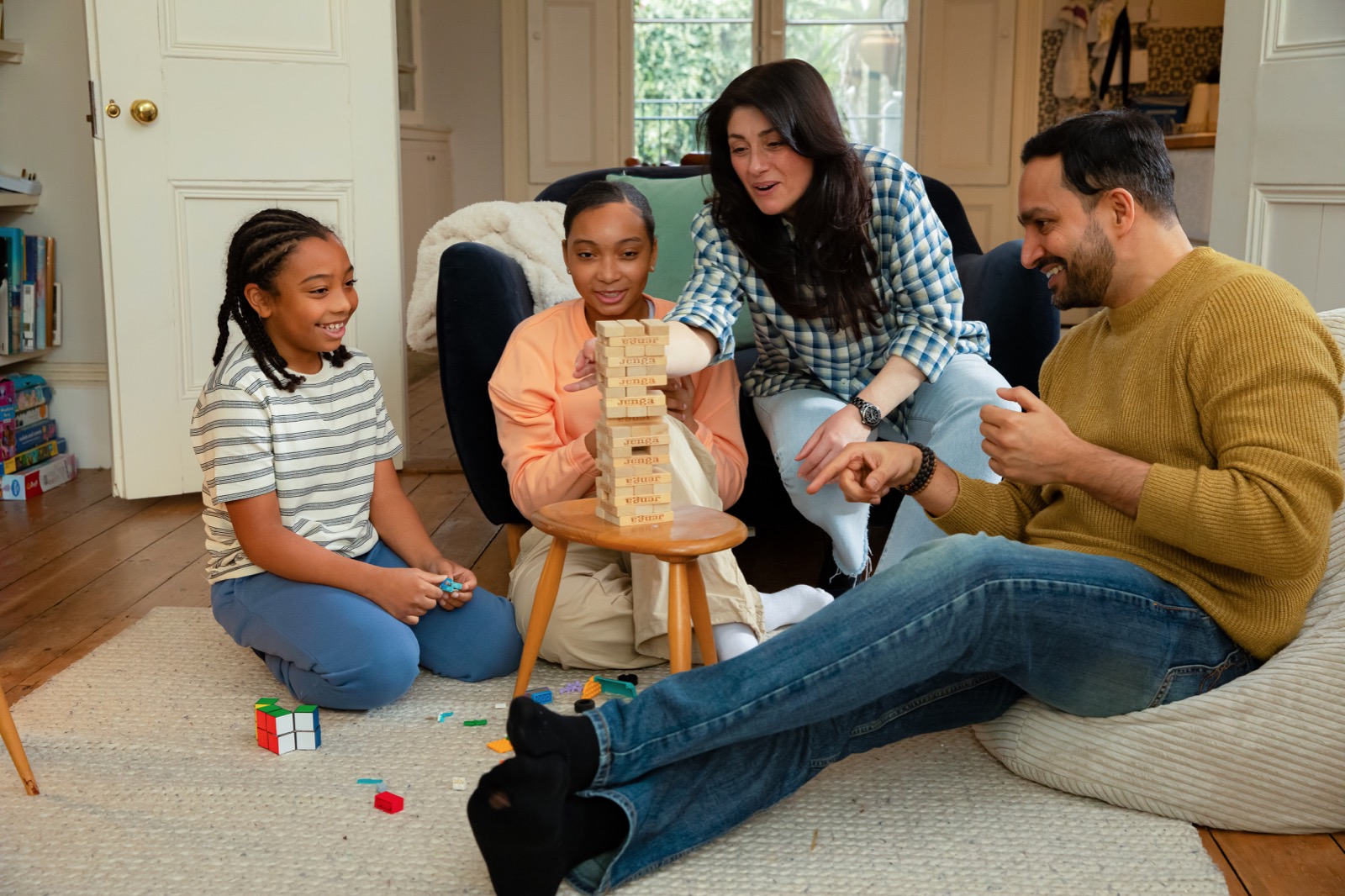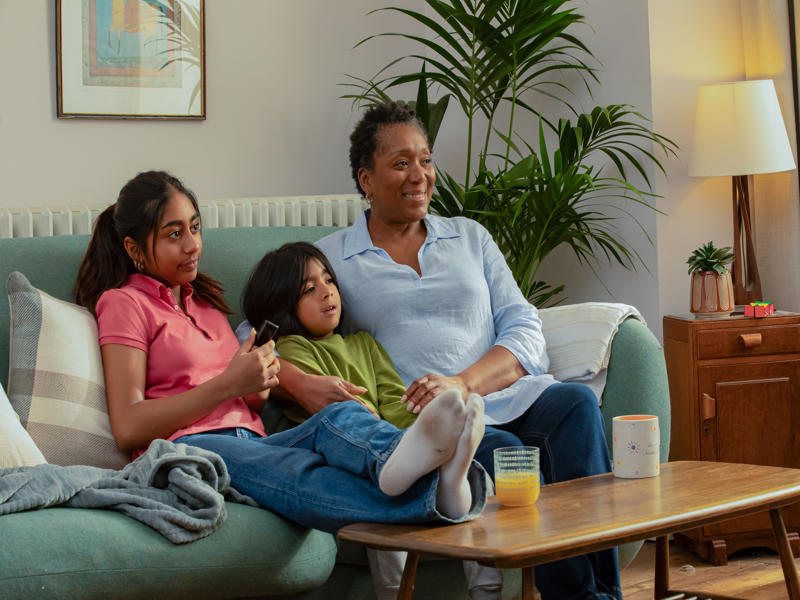What is fostering?
Fostering is providing a safe, stable, and caring family environment for children and young people aged 0 to 18 who, for various reasons, cannot live with their birth parents. This care can be temporary or it may be longer-term, depending on individual circumstances.
What does a foster carer do?
Being a foster carer involves providing emotional support, guidance, and stability to help children thrive and reach their full potential.
Foster carers look after children in their home and take care of their practical day-to-day needs. Depending on the children they care for, this may include:
- Making meals
- School drop-offs and pick-ups
- Attending appointments and activities
- Working with schools and other organisations to support learning
- Doing fun activities as part of a family
But being a foster carer is more than just providing practical support. It’s about providing a safe, secure and loving environment, advocating on behalf of the children you care for and ensuring their wider educational, health and social wellbeing needs are met.
Foster carers are an essential part of the professional network around the child. They work alongside social workers, teachers, health care services, birth families and others to gain the best possible outcomes for children in their care.

Why do children need support?
Social workers try extremely hard to keep families together. When this is not possible, for reasons which may include: family problems, a parent’s ill health or neglect, the child comes into the care of a local authority. These children may be babies, toddlers, teenagers, or sibling groups.
All children need food, clothing, shelter, love and safety, but children in foster carer may have additional needs because of their life experiences. Whatever the individual circumstances, these children have often lived through trauma and will be experiencing grief and often mixed emotions about not living with their parents. Foster carers need to be sensitive, empathetic, and resilient in their approach to supporting the child they care for.
Since 2008 , the number of children in care in England has increased every year, and the number of registered foster carers has not kept up with this demand. This leaves us with not enough homes for children that need them. We desperately need more foster carers to offer help and support to children in our communities.
As our foster carers will tell you, fostering is not always plain sailing – there are good days and bad days for every fostering and non-fostering family. However, it is extremely rewarding and our foster carers know that every day they are making a difference in a child’s life.

Want to know more?
We’d love to chat with you. Get in touch with our friendy recruitment team who can answer any questions you have about fostering with your local authority.
